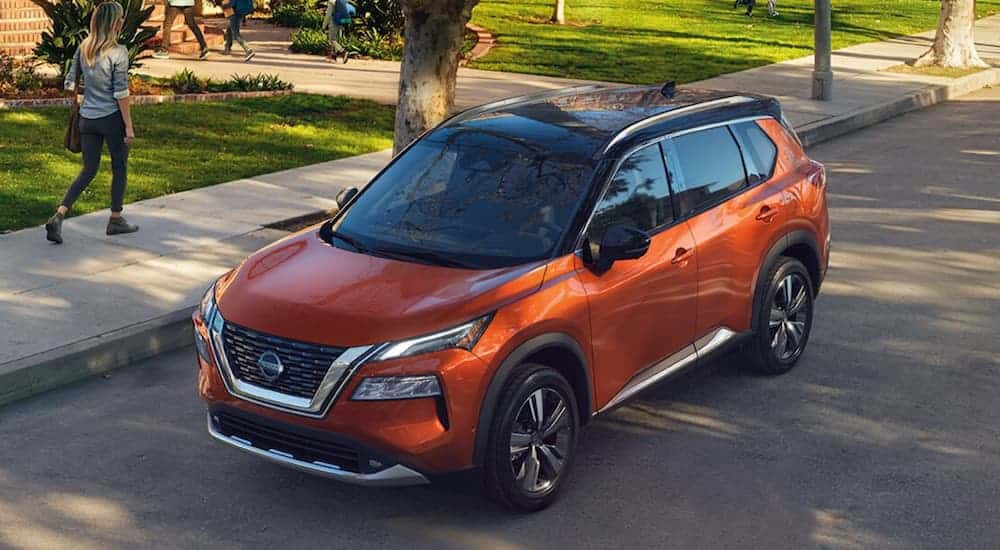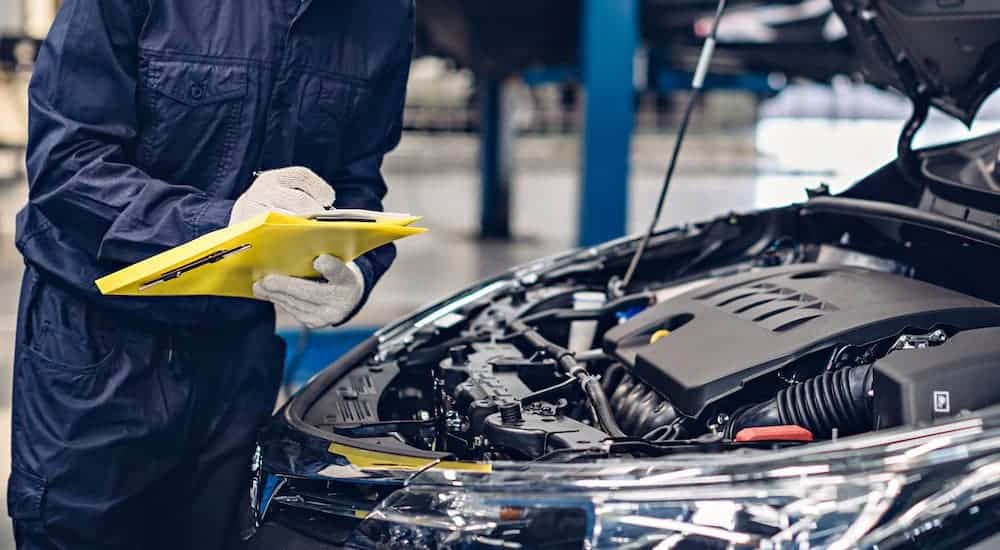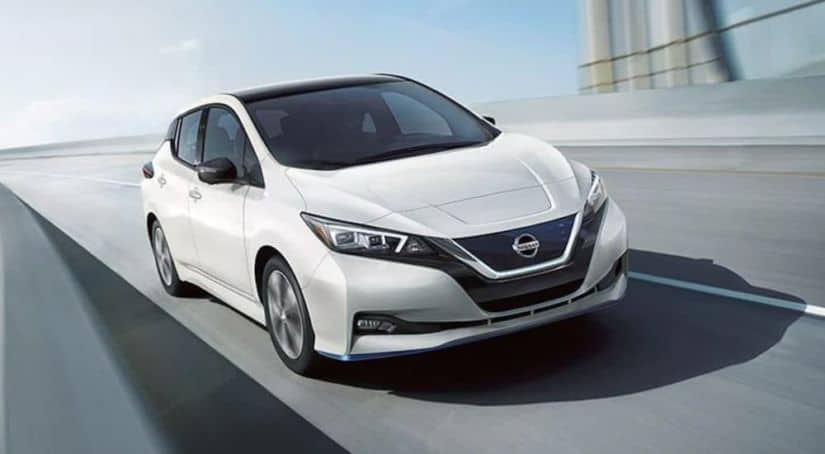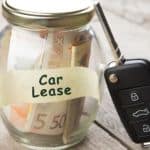Leasing a vehicle can be an option well worth considering, whether in the long or short term. Many vehicle owners choose this option over buying a vehicle as a way to ensure better quality vehicles as well as lower monthly payments. After all, it is hard to get bored with a specific vehicle if you’ll only be driving it for a year or two. However, if you are new to leasing, you may not be sure what you are getting into. There are many companies that offer leasing and many options to explore once a lease ends. Today, we’ll be looking at Nissan end of lease terms and how they affect the leasing experience.
A vehicle lease is, in essence, a long-term rental agreement with specific term limits attached. The buyer does not own the vehicle but, as with a rental agreement, makes monthly payments for the use of the vehicle. Rather than renting a vehicle for an unknown time period, lease agreements come with specific lease term end dates. The question many people ask is what happens when a lease agreement ends. This is a very fair question, as lease agreements can have very different terms and conditions and last for different amounts of time. Thankfully, most agreements are similar in some respects, especially across a single brand. This can make it easier to understand options when a lease term ends.
After the Lease Ends: What to Do

Following a lease, no matter how long or short it was, a lessee has three options to consider for their next steps. The first is to get a new Nissan, whether buying or signing another lease. The second is to purchase the recently leased vehicle. The third is to return the vehicle and look at other manufacturers. Each of these options has its pros and cons, and each lessee must decide which choice is best for them. Some people lease vehicles regularly, simply switching one for another again and again while never worrying about a regular vehicle payment. This can cost more in the long term with little to show since constant leasing never leads to ownership, but you will always be driving a new vehicle with full dealership support and enjoy lower monthly payments.
Purchasing a leased vehicle means effectively buying a used car. However, unlike with normal used cars, you will have been behind the wheel of said vehicle for several months and will be fully aware of how it works for you. Other reasons to purchase a leased vehicle include avoiding fees for wear and tear or excess mileage or knowing and trusting a vehicle’s history if you took particularly good care of it while it was in your hands. All of this, naturally, can also depend on the terms of the lease that you signed.
Fees for returning leased vehicles can vary in range as well as reason. There are fees for wear and tear on the vehicle that are decided after a post lease inspection. More fees can be charged based on actual mileage versus projected mileage. What that means is that the company that holds the lease will decide on a monthly mileage for the driver to stay within. This monthly mileage is divided over the term of the loan. This can be tricky to understand but is not difficult to explain.
For example, a three-month loan at 12,000 miles per month will have no extra fees applied if the vehicle is returned at the end of three months with fewer than 36,000 miles added. If it has more than 36,000 miles on it, the fees are determined by how much extra mileage is on the car. With the above terms, a car with 45,000 miles and an overage fee of 15 cents per mile will cost an extra $1,350 when the vehicle is returned. Most, if not all, of these fees will be null and void if the lessee chooses to purchase the vehicle at the end of the lease term. This is often the biggest reason a person might choose to purchase a leased vehicle outright.
A Thorough Inspection

Leasing can offer lower maintenance costs, lower monthly payments, and the option for drivers to get a new vehicle every few years. This makes leasing an attractive option to many. When a lease term is up, however, the most important thing that happens after is the inspection. This inspection is performed by the leasing company or by a third party hired by the leasing company and is designed to be very thorough. While it will not be the same for all Nissan leases, any drivers who have an idea of what is being looked for can do an inspection themselves to prevent any sticker shock resulting from any wear and tear fees that might be charged.
This inspection is, quite simply, to get the car as close to factory ready as possible. The interior is examined for stains, worn spots, or tears in upholstery. Wheels are examined for severe wear, breaks or cracks, or even a mismatched look between the four. The windshield is examined for cracks, breaks, or chips. Any dents, scratches, or punctures in the exterior are noted for repair. Additionally, all the original accessories must be accounted for. This includes floor mats, cargo covers, seat covers, and the original owner’s manual. Alterations, such as window tinting or body kits, are generally not allowed. In the case of a lease through Nissan, these inspections are performed by people who have been trained to comply with Nissan’s excessive wear and use guidelines.
Even if the inspection comes away completely clean and the lessee stays under the permitted mileage still doesn’t mean there are no out-of-pocket costs at the end of a vehicle lease. A disposition fee may be charged by the leasing company as a way to ensure they will take the car back. This amount is always a flat fee and should be spelled out in the original lease agreement. In addition to all of these fees, there are also late fees that can be racked up if the vehicle is not returned on time. The best way to avoid all these fees is to detail and wash a leased vehicle prior to returning it, go easy on the mileage when you have it in your possession, and return it on time. If you can keep up with those requirements, the idea of leasing may be a good fit for you.
Why Lease With Nissan?
Leasing vehicles can be a complicated process, but Nissan endeavors to simplify it by having well-trained leasing agents on staff to answer all your questions. Their lease agreements spell all the expectations out in simple words, and the agents make sure that lessees know what is expected of them before they sign. Nissan can also direct lessees to the exact inspector they need once their lease is up. Lease liability statements can even be paid online with Nissan, simplifying the whole process. Nissan is ready to offer genuine assistance to customers and more than happy to see lessees again and again or help them buy a leased vehicle outright. Lease with Nissan today!



